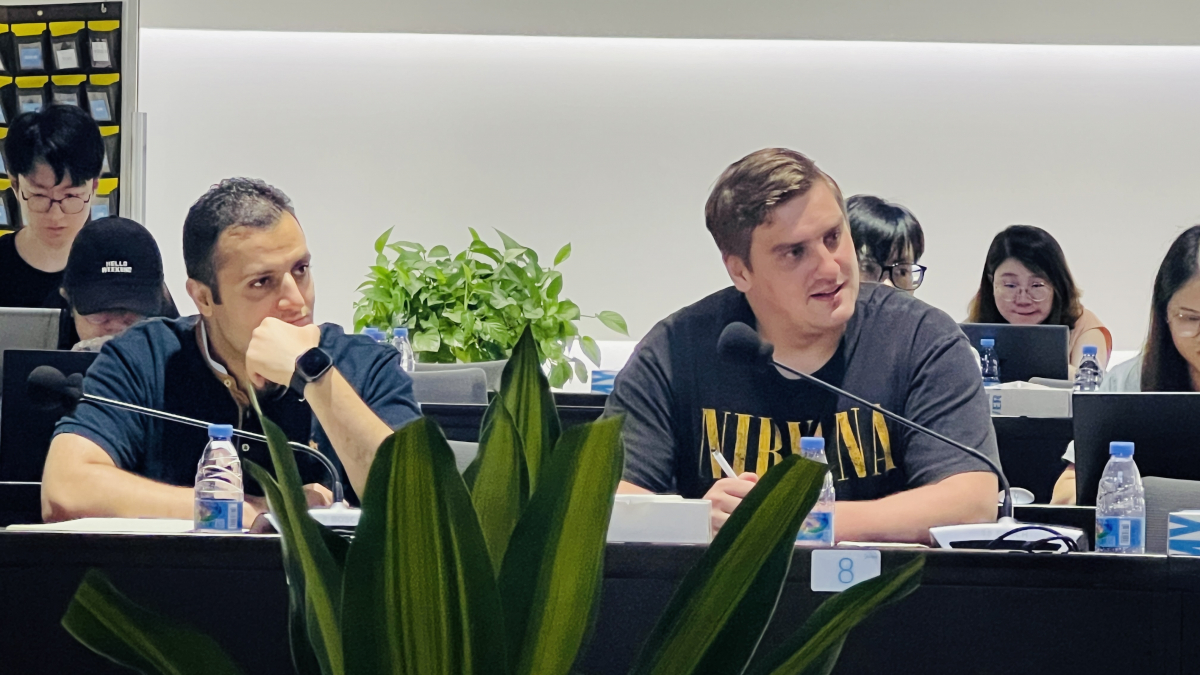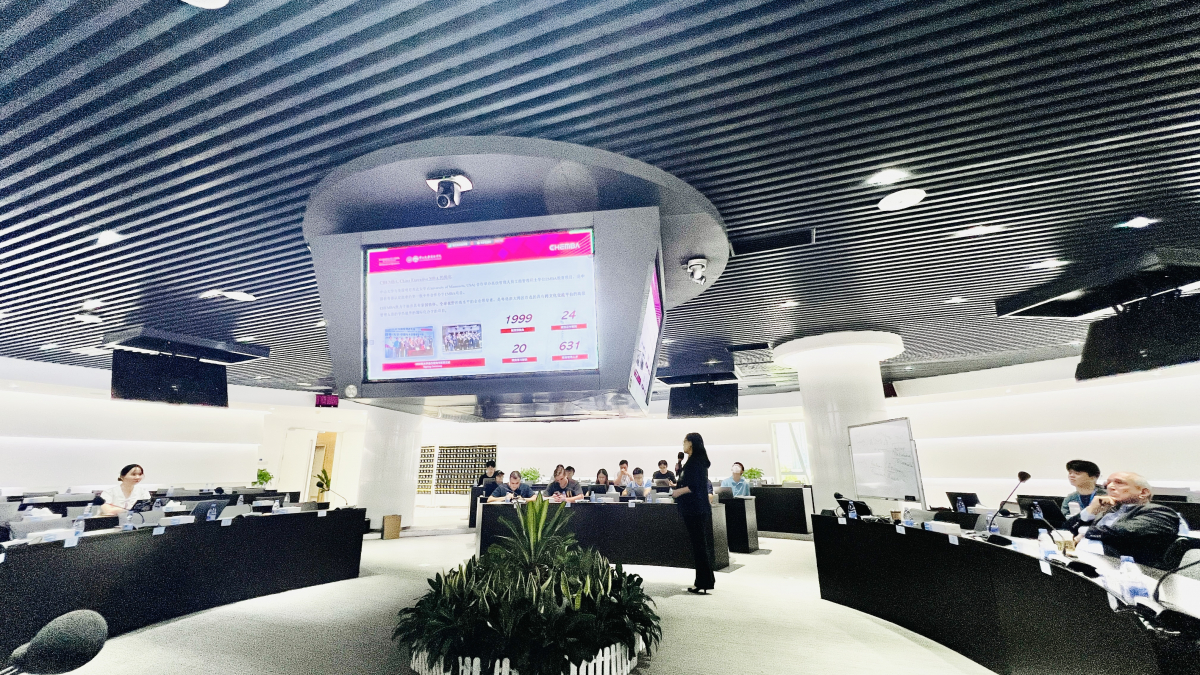全球视野中的信任危机:Aks Zaheer讲述跨国商业信任的重要性和挑战
CHEMBA企业宣讲系列
8月23日,明尼苏达大学卡尔森管理学院战略管理教授Aks Zaheer在美的集团内部进行了一场主题为 “Trust — The Key to Working with Globalization ”的讲座。Zaheer教授深入探讨了信任的定义、重要性、构建方式以及跨国信任的差异和起源。项目主任余曙暑女士也对CHEMBA项目进行讲解和介绍,期待大家加入CHEMBA2024年大家庭。

讲座中,Zaheer教授指出,信任是商业关系中的关键因素,它能够降低谈判成本、减少冲突,并促进信息自由交换。然而,信任也可能被利用,因此信任与风险并存。信任的构建涉及到情感、认知、行为以及机构和激励机制等多个层面。

Zaheer教授还强调了不同国家文化对信任构建的影响,通过世界价值观调查数据,展示了不同国家的信任倾向。例如,印度和意大利的信任倾向较低,而日本和美国则较高。此外,他还讨论了如何跨越文化差异,构建跨国信任,包括正确心态、耐心、了解东道国文化、适应行为到文化背景等策略。

最后,Zaheer教授提醒听众,尽管全球化增长正在放缓,但在跨国商业环境中构建信任仍然至关重要。他强调,了解不同国家的信任水平和构建方式对于成功至关重要,但也应注意,不应将个人简单归入国家文化刻板印象。

On August 23, Prof. Aks Zaheer, Carlson School of Management,University of Minnesota, delivered a lecture titled "Trust — The Key to Working with Globalization" at Midea Academic,Midea Group. Prof. Zaheer delved into the definition, importance, creation, and differences of trust across countries, as well as the origins of national trust differences. Ms. Susie Yu, Program Director of CHEMBA program, also provide an detailed introduction to the CHEMBA, and look forward to joining the CHEMBA family in 2024.

During the lecture, Professor Zaheer highlighted that trust is a critical factor in business relationships, easing negotiation costs, reducing conflicts, and promoting the free exchange of information. However, trust can also be exploited, existing alongside risk. The creation of trust involves multiple aspects including affect, cognition, behavior, institutions, incentives, and interdependence.

Prof. Zaheer also emphasized the impact of different national cultures on trust building, using data from the World Values Survey to illustrate the trust propensity of different countries. For instance, countries like India and Italy have lower trust propensities, while Japan and the United States have higher ones. Furthermore, he discussed strategies for building cross-national trust, including the right mindset, patience, understanding the host culture, and adapting behavior to the cultural context.

In conclusion, Prof. Zaheer reminded the audience that despite the slowing growth of globalization, building trust in cross-national business environments remains crucial. He stressed the importance of understanding the varying levels of trust and methods of its creation across different countries, while also noting that individuals should not be simplistically categorized according to national cultural stereotypes.




